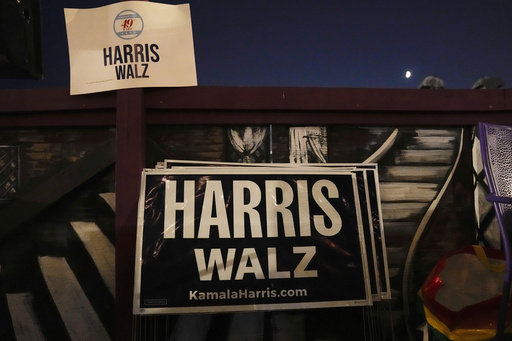According to a recent Gallup analysis of polling data spanning over 20 years, young women have become increasingly liberal. The study revealed that approximately 4 out of 10 young women aged between 18 and 29 now identify as liberal, compared to about 3 out of 10 two decades ago. This shift towards liberalism extends beyond mere self-identification; young women also display more liberal views on various issues like the environment, abortion, race relations, and gun laws, with double-digit increases recorded in these areas.
Lydia Saad, the director of U.S. social research at Gallup, stated that the growing liberalism among young women reflects a genuine change in their viewpoints rather than just a superficial label. This shift could potentially unite young women as a powerful political force, as they are increasingly aligned on key issues, making them more accessible for political campaigns to engage with.
While the reasons behind this trend towards liberalism among young women are not definitive, it appears to have accelerated in recent years, possibly influenced by events such as the presidency of Barack Obama, the rise of #MeToo movement, and efforts to restrict abortion access. Additionally, the increasing representation of women in political offices may also contribute to this ideological shift among young women.
The Gallup analysis indicates that there is a widespread increase in liberal views among young women across the board rather than being limited to a specific subgroup. The study also highlighted how young women have become more supportive of issues such as broad abortion rights, prioritizing environmental protection over economic growth, and advocating for stricter gun laws.
Saad emphasized that a majority of young women now hold liberal views on critical issues and express dissatisfaction and concern about the state of the country in these areas, which could potentially drive higher turnout among this demographic during elections. The unity among young women on these progressive issues positions them as a mobilized voting bloc with the potential to influence policy decisions.



